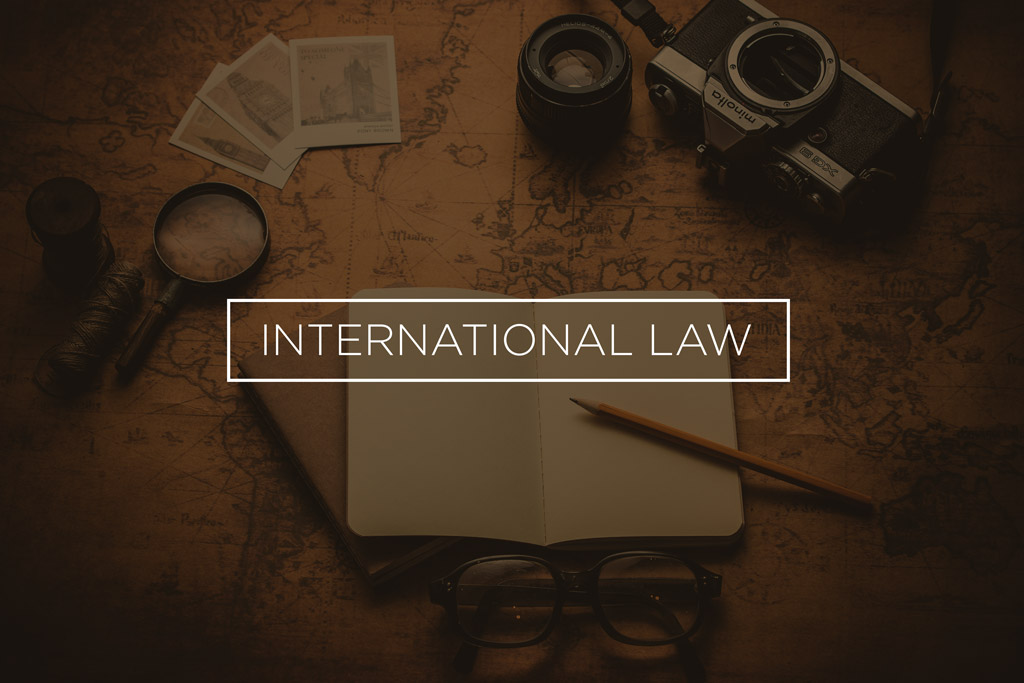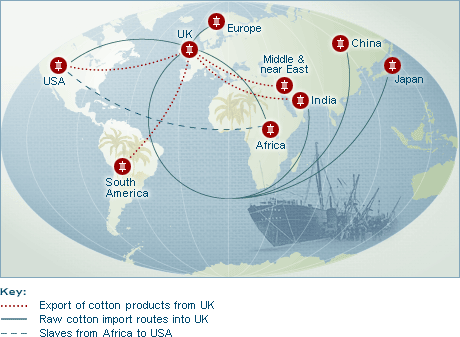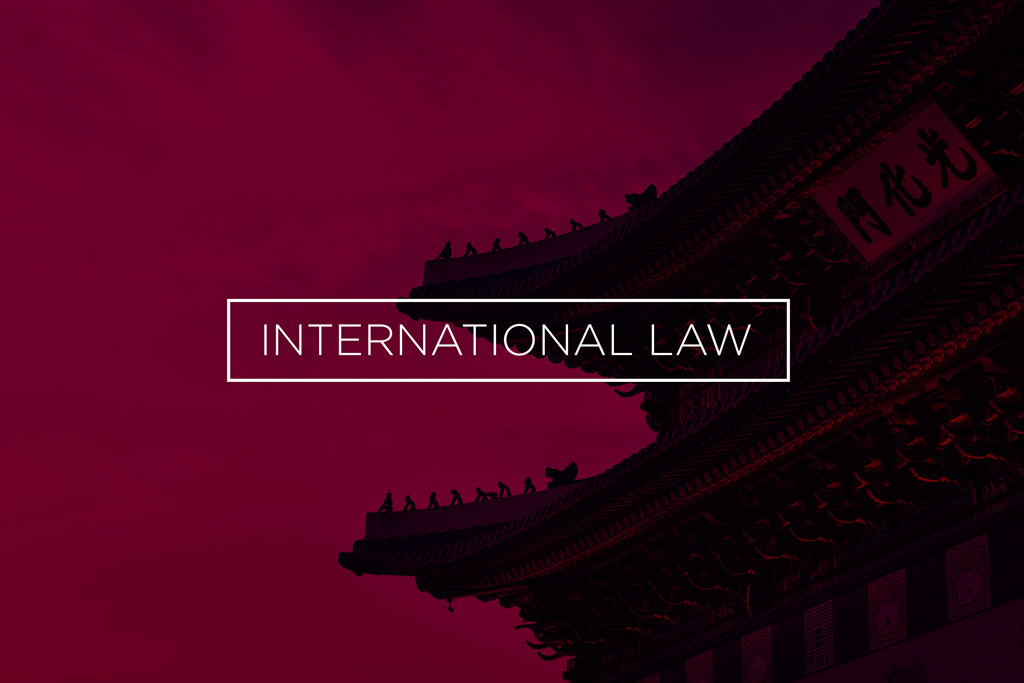
Can Billionaires Save the Poor?
Commercial activities are contingent on two elements: resources and markets. Of course, when we say resources and markets we do not mean their simple existence but, also and self-evidently, the means to access them. Likewise, access is denoted by its own dependencies including trade routes, transport mechanisms, willing and skilled labour, and, of course, supportive laws. It would be no exaggeration to proclaim that all international economic law is designed to facilitate or to stifle access to resources and markets. Self-evidently, there are ‘extra-legal’ ways of accessing these, a plethora of which was practiced during early capitalism.
Early capitalism bathed in blood: plunder, enslavement, colonisation, aggressive penetration, armed trade, and worse were standard commercial practices carried out by European companies (recently made (in)famous in the television programme Taboo). Nascent European powers were eager to acquire the resources (of others) and to develop their markets, primarily by disrupting the markets, again, of others. As James Gathii demonstrates in War, Commerce, and International Law, these practices were not legal aberrations but pathologies in a system of European outer-state law that posited itself as universal international law. Europeans ultimately wanted the resources and markets of others and fashioned a self-serving legal system to facilitate their acquisition.
This worked well in the early days of capitalism; so much so, in fact, that Europeans baptised this the century of peace and countless tomes have been dedicated to exploring the source of the utopia achieved. Absent from their examinations is the violence unleashed on just about everyone else: famines in South Asia, colonisation in Africa, blockades in South America, genocide | slavery in North America, and, lest we forget, untrammelled exploitation of an emergent waged class across Europe. The century of European peace (and predation) proved the precursor to the century of European self-flagellation. Inter-imperial warfare brought an end to the inter-European compromise, creating conditions for the birth of a new international economic order.
In the post European-war period, cooperation would stand as the founding principle of international economic law. UN specialised agencies were established, new treaties were developed, and a new era was born. Sort of. Europe quickly realised that its economic recovery required the continued subjugation of the resources and markets of others. Wars were waged to prevent Third World countries from acquiring independence, leaders who did not yield to European demands were assassinated, and blockades were deployed, yet again, to punish recalcitrant populations. Cooperation comes in curious colours.
Nevertheless, across much of the world, we observed a new form of compromise emerge between capital and labour. Instead of being subjected to the naked exploitation of yore, labour would benefit from the new economies. Through Atlantic Fordism, workers would receive a decent wage; import-substitution promised new skills, greater purchasing power, and a domestic market; export-oriented growth would placate labour’s desire for modernisation; and state socialism would facilitate a gradual and collective advance. Hand-in-hand, the state, industrialists, and workers would usher a future of collective prosperity. Again, sort of. Putting aside the inherent contradictions between the models, kindle for the inevitable eruption, their collapse was inevitable and, indeed, the models began to disintegrate as quickly as they emerged. Two revolutions triggered the models’ suppression.
Science achieved the compression of time and space. By accelerating communication and transport, activities that once happened in situ could be relocated elsewhere. It was only a matter of time before capitalists would leverage their ability to denationalise production to extract concessions from unions and governments. And still they left. The scientific revolution precipitated a political one: the threat of production and capital flight weakened labour and state governments, allowing private actors to dictate national policy.
Their preferred policy was one that introduce competitive market into historically non-market domains (neoliberalism). Healthcare, education, electricity, and water provision were once the purview of public actors. This made sense. As necessities of life, these would be allocated universally rather than preferentially. No longer. Essential services would be subjected to market logics of efficiency, competitiveness, and purchasing power-based allocation. Of course, the promise was not that the rich would line their pockets but that the increased competitiveness would enhance efficiency and place downward pressure on prices. Public assets were sold, public services were privatised, and taxes were slashed all in the name of public welfare. Even Orwell was never so brazen.
The outcome was as forewarned: obscene concentrations of wealth, a generation-long stagnation of wages, spiralling inequality, soaring personal and public debt, and declining quality of services. As Michael Sandel argues, the introduction of market logics in non-market spheres was little more than the injection of cancer into a healthy body: the latter is parasitical and will corrupt everything it comes in contact with. Though really, did anyone ever truly believe that naked self-interest (or rational egoism as Smith would say) was an adequate principle upon which to build a democratic society?
International economic law, now within the firm grip of transnationalised capitalists, could be re-written to deepen liberalisation, further de-nationalise production, appropriate greater public assets, and concretise a chasm between rhetorical democracy and plutocratic policy.
Whereto from here? Davos, of course! Who better than billionaires, central banks, and creditors to chart the way forward? All in the name of public welfare.



